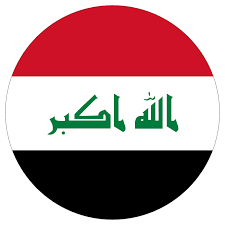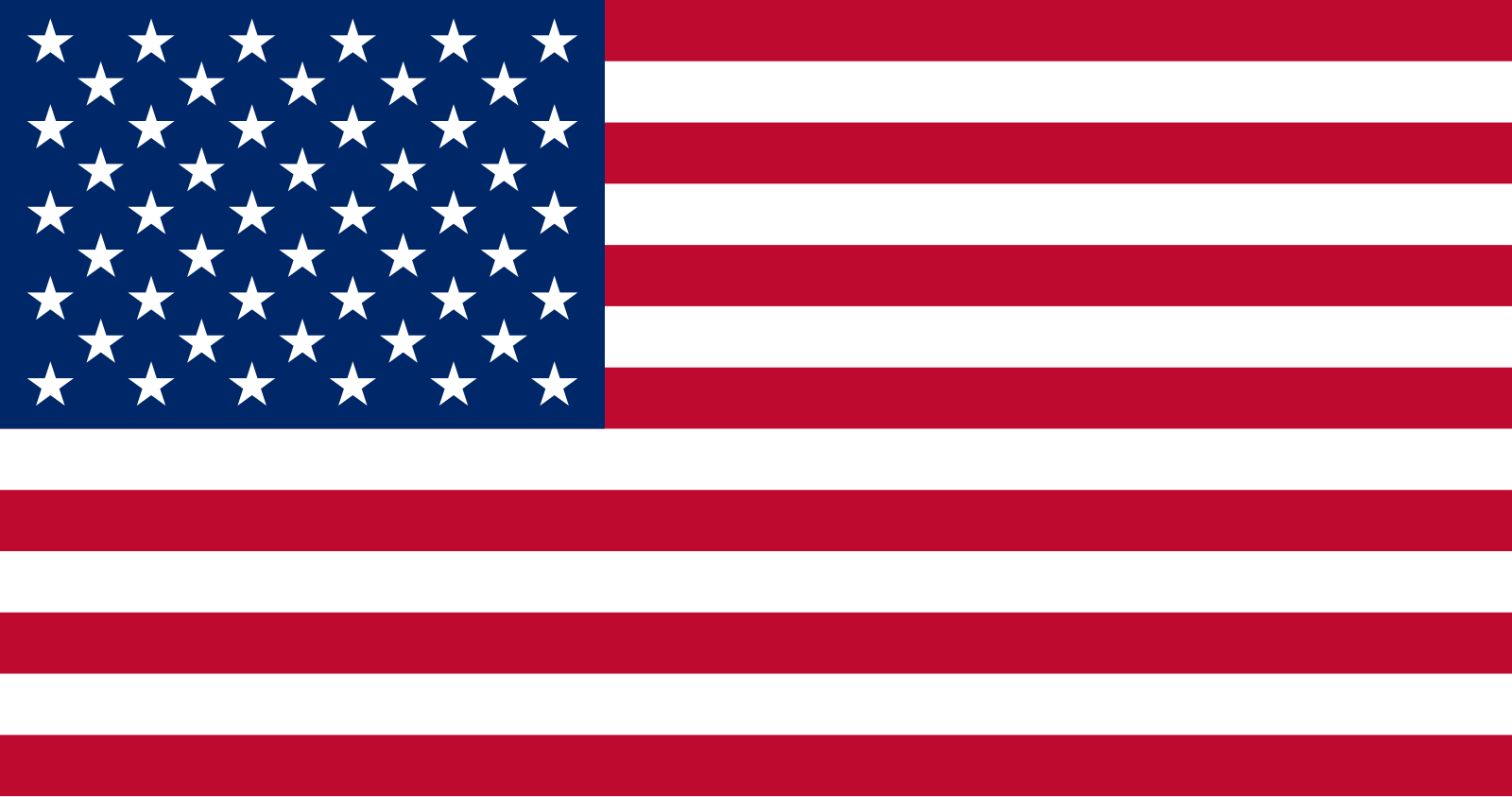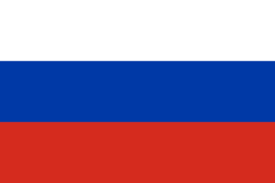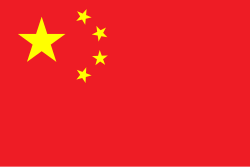The global petroleum export landscape is undergoing a dynamic transformation driven by geopolitical shifts, evolving energy demands, and the ongoing transition toward cleaner fuels. For international trading companies like Edris Business Holding, understanding these developments is critical to identifying new opportunities and mitigating associated risks.

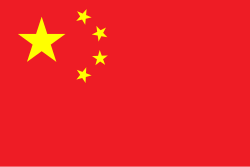
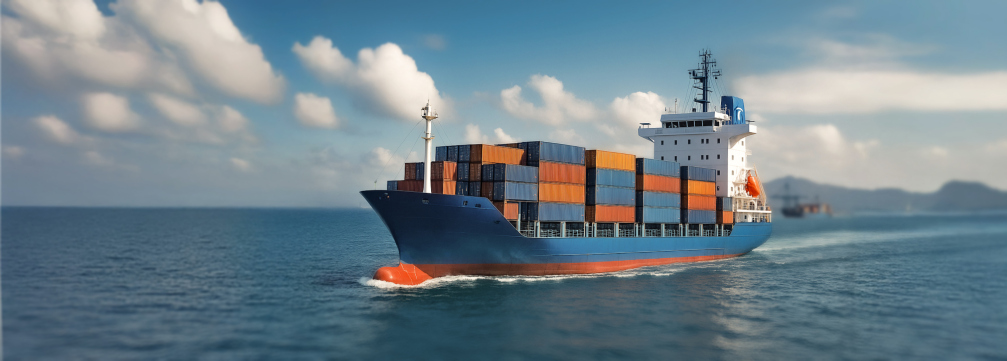
4
4. Opportunities for Edris Business Holding Leverage Middle East Proximity: Build supply agreements with Gulf refiners for gasoline, diesel, and jet fuel distribution across Asia and Africa. Expand LNG Portfolio: Secure medium-term contracts with U.S. and Qatari LNG exporters, targeting emerging importers in Southeast Asia and Africa. Trade Finance Structuring: Use financial engineering tools to manage long trade cycles, FX exposure, and commodity price volatility. Regional Storage and Distribution: Invest in or partner with infrastructure hubs in East Africa or South Asia for last-mile distribution.
5
5. Strategic Considerations Factor Impact on Strategy Geopolitical Risk Diversify sourcing & shipping routes Environmental Regulation Focus on compliant, cleaner fuels Currency Fluctuations Deploy hedging strategies Port & Storage Access Establish strategic storage partnerships Trade Sanctions Ensure legal compliance and due diligence
6
For Edris Business Holding, aligning trade operations with emerging energy trends, refining shifts, and geopolitical realities is crucial. A balanced portfolio of crude and refined products, combined with digital and financial



